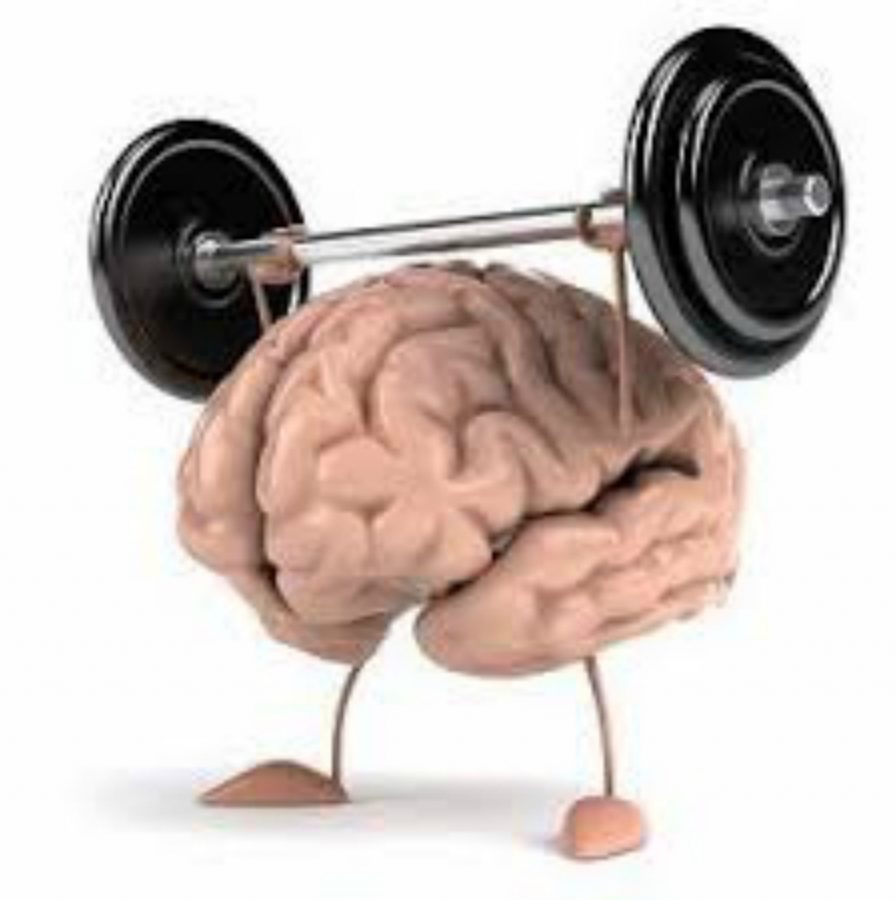More than just the Game
November 30, 2016
Taking part in a sport almost always has some sort of impact on your health. The majority of the time, athletes focus on their physical health and use their chosen sport as a way to stay in shape and have fun while doing so. But what often goes overlooked is the effect on an athlete’s mental health, ranging from the psychological effects of a concussion to depression or anxiety. Recent studies continue to reveal the potentially harmful psychological effects of physical activities.
While it is often uncommon for those struggling with depression to regularly get enough exercise, studies show that more exercise can actually improve your mood and offer some alleviation from the illness. According to PubMed Health, an analysis done by Cochrane Collaboration found that those who participated in sports or other physical exercise experienced milder symptoms of the illness than those who did not. Sports such as swimming and Nordic skiing are often used as techniques for treatment.
Athletes may also be affected by depression post competition. According to Livestrong.com, athletes can develop depression if unprepared for change. Those who take part in a sport may lose their sense of identity after a major event, causing them to develop the illness. Physical exercise like walking or running has proved helpful in treating depression for athletes.
Another cognitive issue that can be overlooked in athletes is anxiety. Athletes often cope with competitive stress throughout their careers. Though sometimes this stress can be a positive motivation, often times it can lead to the development of symptoms of anxiety. Symptoms of this stress can lead to loss of concentration, fear, indecision and overall underachievement. This mental condition can also bring on physical symptoms, such as dizziness, racing heart, tremors, and shortness of breath. Treatment is simple however; techniques such as diaphragmatic breathing, muscle relaxation, and visualization of yourself and your opponent on the field can often alleviate fear and stress according to the the National College Athletic Association.
Studies also examine the importance of coaches’ involvement. “The most important thing, however, is for the coach to express genuine compassion when communicating with the student-athlete and be supportive of the therapeutic process,” said Emily Kroshus of Harvard School of Public Health & NCAA Sport Science Institute. “It is recommended that the coach focus on encouraging the student-athlete to seek treatment from a licensed mental health care provider rather than themselves attempting to help the student-athlete manage their emotional issues.”

